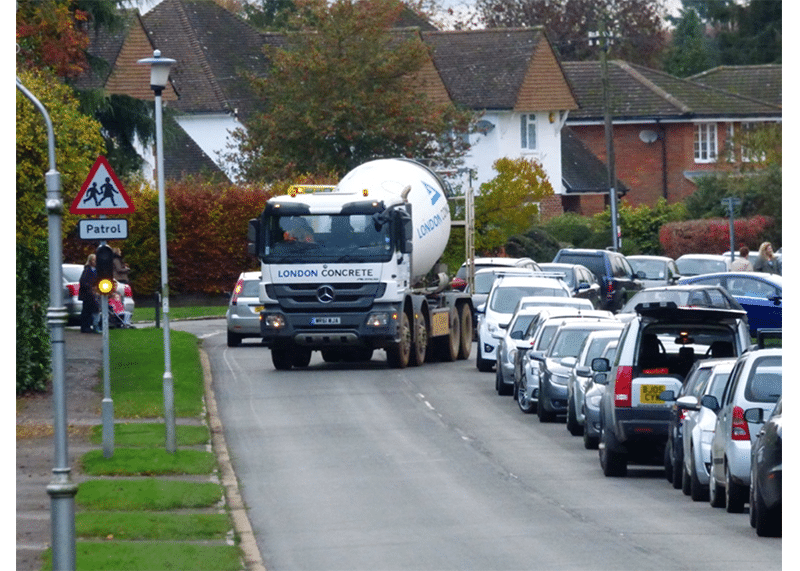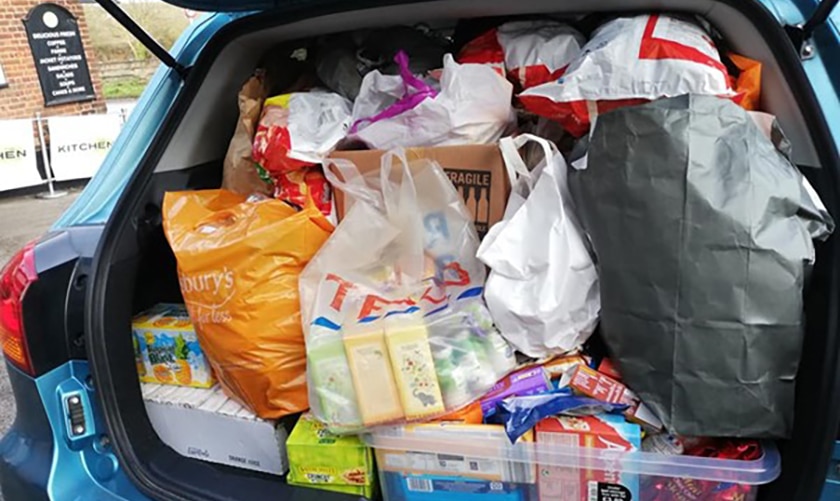A Pinner man involved with assisting seniors has reacted to new figures that show thousands more elderly people are dying from falls.
More than 5,000 older people died due to a fall in 2017, marking a 70 per cent increase on the numbers in 2010, according to the Office for National Statistics (ONS).
Age UK said the number of people over the age of 65 dying as a result of a fall is also rising rapidly. In 2010, 3,003 of this group died as a result of falls.
George Demetriou, from Pinner organisation Seniors Helping Seniors, said the statistics may not be as shocking as a number of national publications have made out.
He said: “It’s difficult to know exactly what the reason would be for a significant increase in elderly people dying from falls. It could just be a case of people living longer and there being more generations of elderly people.
“There is certainly a lot more elderly people than there was 10 years ago and unfortunately falling and injuring yourself at that age is a constant risk, especially when going out.
“But I don’t really believe there are many elderly people who know they are vulnerable and go out walking on their own. The statistics may also refer to people falling in their homes.
“A lot of these statistics are quite vague and unless they try to delve further into the topic and provide more detail, it’s difficult to know how surprising they are.”
Caroline Abrahams, charity director at Age UK, said: “Falls are the leading cause of hospital admissions for older people and can have a devastating impact on their chance of living independently.
“A serious fall can lead to a broken limb and a hospital admission and rob an older person of their independence but worse still falling is a leading factor in deaths from avoidable causes.
“The sad fact is that older people who live in poorer areas often have more complex health needs and poorer access to health, care and also community services that can help people remain active and help resilience.”






0 Comments